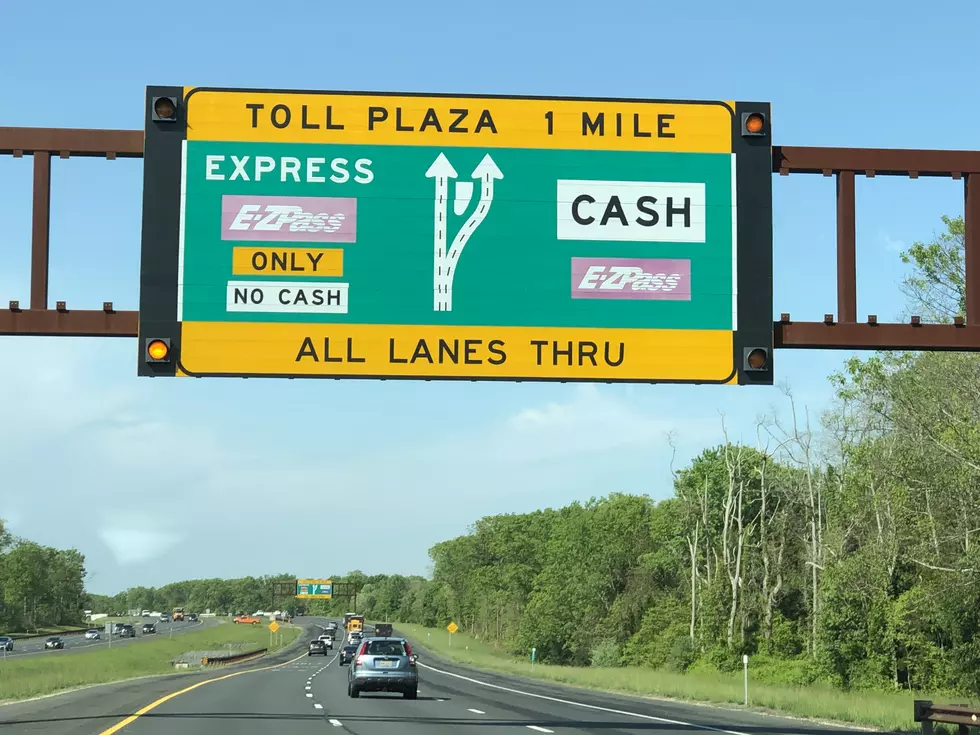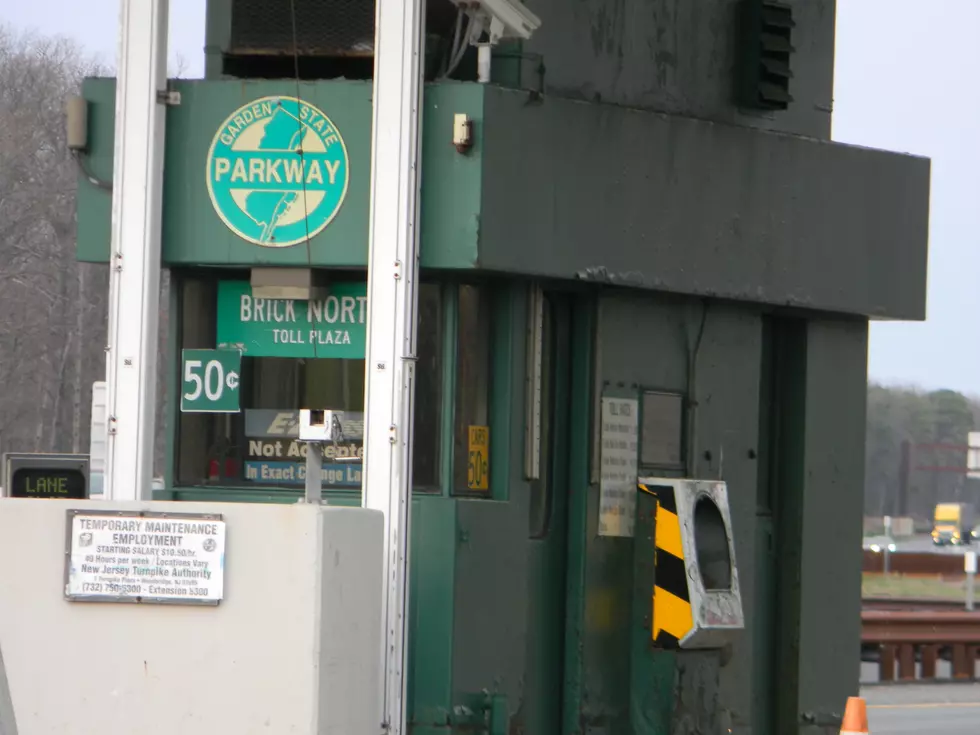
NJ on Verge of Making Retirement Plan for Private-sector Workers
New Jersey would establish a retirement savings plan for private-sector workers, under a bill now on Gov. Phil Murphy’s desk after being approved Monday by the Assembly.
Workers at businesses with at least 25 employees that don’t have a retirement plan would be automatically enrolled, and 3 percent of their pay deducted into an Individual Retirement Account, or IRA, unless they opt out or change that level. Smaller businesses could also participate.
“It gives greater access to people in New Jersey for retirement plans,” said Assemblyman Roy Freiman, D-Somerset. “One point seven million employees do not do any savings for retirement. And this would broaden their access to it in really an easy way for the employees as well as for the employers.”
The New Jersey Chamber of Commerce opposed the bill, saying the intent is fine but that workers should have to opt into the program. Freiman said the automatic registration is important – because as good as “pay yourself first” sounds good conceptually, it’s hard to change that behavior.
“It’s easy to put that off, which is why payroll deduction is key for saving for retirement,” Freiman said. “Only 5 percent of people that try to save for long-term retirement are successful that don’t do it via a payroll deduction.”
Freiman said if people later want out, they can do so without penalty.
“We give that long time period. If people say, ‘Whoa, whoa, whoa. I wasn’t really sure about this,’ or they change their mind, there’s the ability for people to stop it and say, ‘Look, I want my money back,’” he said.
The Assembly had passed the bill, A4134, in December in a 53-24 vote, but it needed to be approved again because it was amended in the Senate before that house approved it 29-6 last week. Monday’s Assembly vote was 54-20, plus one abstention.
The bill is now on Murphy’s desk. He will have until the Assembly’s first quorum call after its budget break, probably in early May, to sign or veto it.
The program would then take a year or two to begin operations, during which it would create a board that would oversee the program and issue a request for proposals for the private firms that will manage the investments.
The administrative expenses involved in setting up the program – capped at 0.75 percent of the fund’s balance for the first three years, then 0.6 percent of the balance after that – would be charged to the employees participating in the program.
It will cause an increase in state administrative expenses to start it up. Fees are charged to employees participating – up to 0.75 of the fund’s balance for the first three years, then 0.6 percent.
Employers wouldn’t pay toward the program but could be hit with penalties if they don’t provide it where it’s required. A first instance would be a written warning. In the second year, the fine would be $100. In the third and fourth years, the fine would be $250 for each employee who wasn’t enrolled nor opted out. In subsequent years, the fine would be $500 per employee.
Employers who collect employee contributions but fail to remit them to the state would be fined $2,500 for a first offense and $5,000 for each subsequent offense.
More From WPG Talk Radio 95.5 FM










